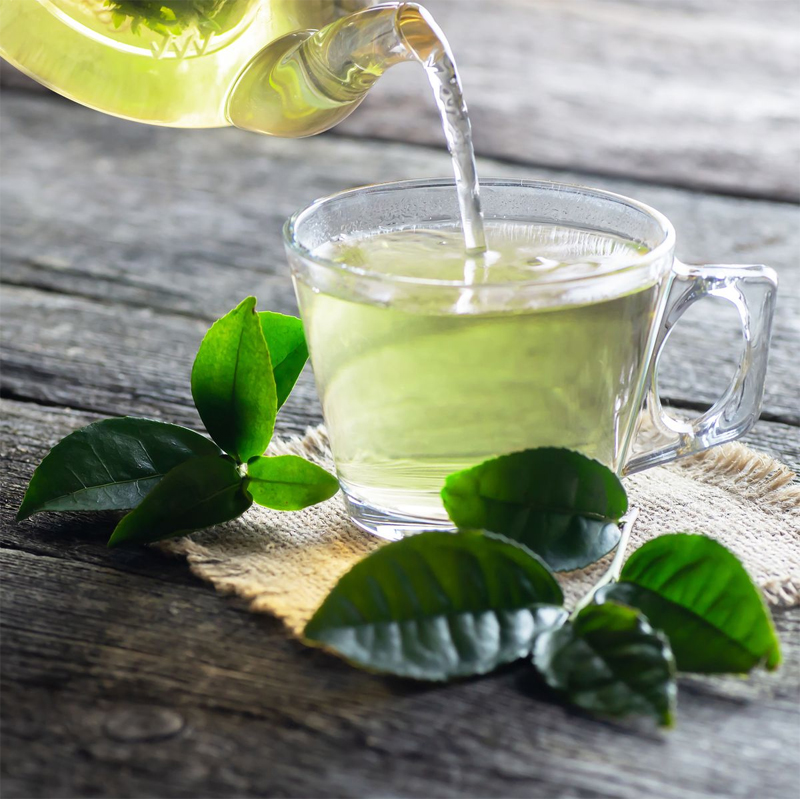 Green tea from the plant Camellia sinensis has become a popular herb due to its potential effects on chronic degenerative diseases (such as heart disease, cancer, etc.). The benefits of green tea have been ascribed to the antioxidative potential of it and its constituents (for example, tannins and catechins). To date, no studies have been published to evaluate green tea as an ergogenic aid in humans. Green tea preparations typically include caffeine, however, so the potential for enhanced performance with adequate consumption exists through this substance.
Green tea from the plant Camellia sinensis has become a popular herb due to its potential effects on chronic degenerative diseases (such as heart disease, cancer, etc.). The benefits of green tea have been ascribed to the antioxidative potential of it and its constituents (for example, tannins and catechins). To date, no studies have been published to evaluate green tea as an ergogenic aid in humans. Green tea preparations typically include caffeine, however, so the potential for enhanced performance with adequate consumption exists through this substance.
Tea made from the leaves of Camellia sinensis that have been steamed to prevent fermentation and then rolled and dried. The ingredients of green tea said to influence health are antioxidants called catechins. Green tea is often promoted for the putative prevention of certain types of cancer. Although studies have demonstrated antitumor effects of tea in laboratory animals, studies of the impact of green tea consumption on breast and prostate cancer in humans failed to show any impact.
A tea developed from fresh tea leaves that are steamed or dried in a way that minimizes oxidation and therefore preserves the green pigment.
A type of tea that is crafted without undergoing the process of fermentation. This particular variety is predominantly cultivated in China and Japan, and is accessible in various strains.
